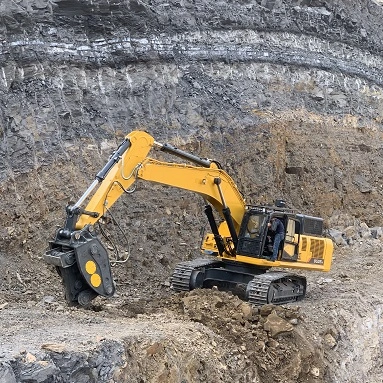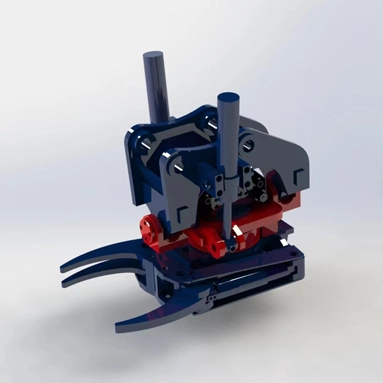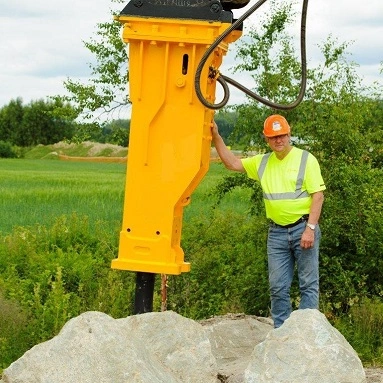Tel:
Email:
· Flail Mower:
o Uses a horizontal rotor with multiple free-swinging "flails" (hammers or blades) to cut vegetation through impact and tearing.
o Designed for rough vegetation control, including thick brush, saplings, and uneven terrain.
o Output: Coarsely chopped debris, suitable for land clearing but not fine mulch.

· Mulcher:
o Employs a fixed-tooth rotor or grinding drum to shred material into fine wood chips or mulch.
o Optimized for grinding trees, branches, and stumps into consistent, small particles.
o Output: Uniform mulch ideal for soil enrichment, erosion control, or biomass production.
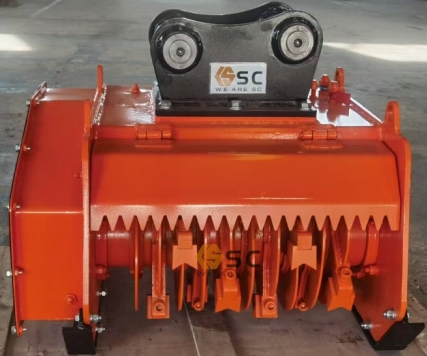
· Flail Mower:
o Ideal for right-of-way maintenance (roadsides, pipelines), pasture management, and rough terrain clearing where precision is less critical.
o Handles mixed materials (e.g., rocks, soil) without significant damage to equipment.
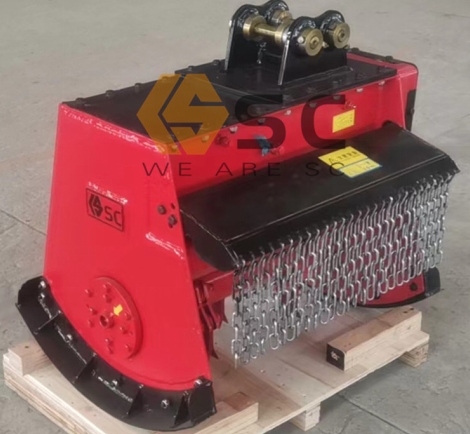
· Mulcher:
o Preferred for forestry, landscaping, and site prep where fine mulch is needed for soil health or aesthetics.
o Efficiently processes woody material (branches, logs) but struggles with soil-contaminated vegetation .
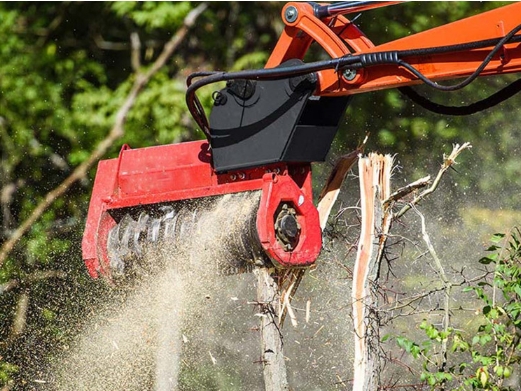
Choose a Flail Mower if:
· Clearing dense, mixed vegetation in uneven terrain.
· Budget constraints exist, or soil/rock contamination is likely.
Choose a Mulcher if:
· Processing woody material into usable mulch is the goal.
· Working in forestry, orchards, or erosion-prone sites requiring soil stabilization.
Pro Tip: For excavators under 20 tons, Mini Excavator Flail Mower offers better versatility. For larger machines and specialized forestry, mulchers deliver superior material conversion
